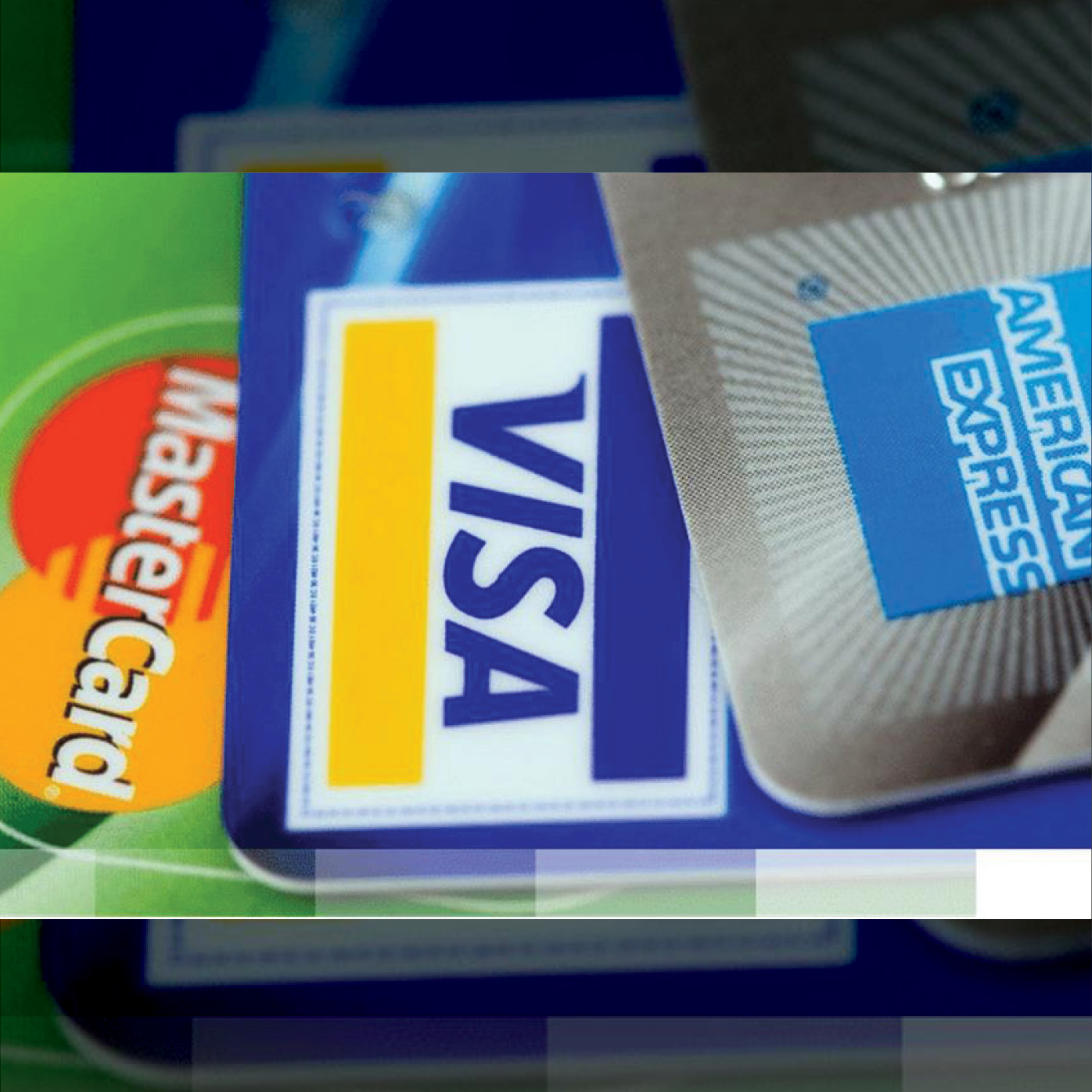A recent research study looks at the evolving digital ecosystem in financial services and predicts that banks should invariably adapt to this ecosystem to flourish:

A research study jointly conducted by London-based challenger consultancy 11FS that builds next-generation propositions for challengers in the financial services industry and Infosys/Finacle, says digital technologies and new entrants have unleashed innovation in banking, driving rapid improvements in the quality of services delivered to customers, increasing competition and raising customer expectations. However, it says traditional banks are struggling to innovate fast enough and are struggling to keep pace. It advises banks to adapt to thrive in a world of digital business ecosystem, which helps ‘improve the economics and capabilities of every business model, creating opportunities to innovate by delivering new value for customers, earning customer loyalty, driving down operating costs and generating new revenues’.
8 NEW ARCHETYPES
The report has identified 8 new banking business archetypes that create and deliver value to customers in new ways. These are:
Digital Banks, which deliver banking services entirely (or almost entirely) through digital touchpoints,
Digital Financial Advisors, which deliver financial advice by using AI to understand customers’ financial situation and recommend actions,
Embedded Finance, which, using frequent engagement and deep customer understanding embed banking and payments into non-financial products and services,
Banking as a Service, which offers complete banking processes, typically through APIs, that third parties can embed into their products and services,
Banking Curator, which digital banks that aim to offer best-of-breed products by combining basic accounts with financial advice and a curated set of third-party products,
Finance Marketplaces, which build infrastructure to help customers choose financial services from multiple third-party suppliers in an open environment,
Non-finance marketplaces, which build infrastructure to help customers choose goods and/or services from multiple third-party suppliers in an open environment, and
Banking Industry Utilities, which specialize in delivering non-differentiating services by pooling resources, expertise, and capabilities to increase efficiency.
DIGITAL BANKS
The study says digital banks compete for customers with better digital experiences and lower operating costs. The 3 top performers cited in the report are:
Brazil’s Nubank, which has won millions of customers through word of mouth and serves consumers and SMEs in Brazil, Argentina and Mexico. The bank has grown from 12 million customers in 2019 to 34 million in 2020 largely by word of mouth.
Kakao Bank of South Korea is part of the country’s dominant messaging app, Kakao Talk. It borrows the customer-centric characteristics of the messaging app to transform banking. It enlisted a quarter million customers in its first 24 hours. The bank now has more than 10 million customers.
China’s leading messaging app WeChat’s affiliate WeBank is the country’s first digital bank, launched in 2014. It uses Tencent’s WeChat instant messaging and social networking app to reach underbanked customers across China. WeBank has 80 million customers and operating costs per account are just 3.6 RMB (US$0.50).
DIGITAL FINANCIAL ADVISORS
Digital Financial Advisors use open finance data to help customers take better financial decisions. The study identifies 3 top performers.
RBC’s Nomi Digital Assistant offers automated savings, a budgeting tool based on insights about each customer’s situation and a text-and-voice activated chatbot. It could bring in better customer engagement with mobile banking and reduced customer attrition.
Plum is a money management app helping users automate savings and investments. It links customers’ bank accounts via open banking and uses AI to analyze customers’ spending and automatically identify how much they can afford to set aside into a savings pot.
Vanguard Personal Advisor combines automation with human advisors and provides strong personalized and automated investment advice and selection with guidance from human advisors for a 0.3% annual management fees and a US$50,000 account minimum.
EMBEDDED FINANCE DISTRIBUTORS
Embedded Finance Distributors offer finance at the point of customer need. Among the highly successful player identified by the study are:
GrabPay, a digital wallet created by ride-hailing company Grab. Its customers can make payments for a ride or for a food order, using the app where the wallet is linked to a customer’s credit or debit card. They can also pay at stores, earn rewards, and send and receive funds instantly.
Shopify offers payments, PoS systems and loans to merchants. Originally, a buy-now-pay-later operator and also a provider of business debit card for merchants, it integrated with Stripe Treasury to offer a business bank account, Shopify Balance.
WeChat Pay is a digital wallet embedded into WeChat. It enables customers to make a wide variety of payments for goods and services, including bill payments and in-store payments, as well as send ‘red envelope’ gift payments to friends and family.
BANKING AS A SERVICE
Banking as a Service (BaaS) offers capabilities that partners can embed into customer journeys. The study covers 3 unique entities that have made notable performance.
US financial powerhouse Goldman Sachs has a collaboration with Apple to offer BaaS capabilities. It has built a new cloud-based banking infrastructure and released access via APIs for developers to easily integrate new financial products on top of the platform.
ICICI Bank offers a wide range of APIs for retail and business customers, partners and developers, powering digital banks or even payments on WhatsApp. It has some 250 APIs available through its developer portal, helping partner companies to co-create quickly and easily.
Solaris Bank is a German technology company with a banking license. Its BaaS platform powers digital banks Penta and Tomorrow Bank, and offerings from Samsung Pay, German retailer Otto and Dutch car marketplace CarNext.com.
BANKING CURATORS
Banking Curators are providers of limited choice of third-party products on a single platform to customers. The study has identified the top performers:
N26 is a German digital bank, which offers a curated list of third-party products. The bank has a series of partnerships to offer more products to its customers, including cross-currency transfers from Wise and deposits from Raisin.
Starling Bank is a UK entity, which has created an ecosystem of product partnerships. The bank offers services including investments, pensions and insurance that can be integrated into its app. It also has an own API developer portal to let third parties access customer data and build on top of its platform.
Monzo is a UK digital bank, which curates products for its customers. It has several partnerships to offer services, including savings accounts from OakNorth Bank and Shawbrook Bank and international payments through Wise.
FINANCE MARKETPLACE
Finance marketplaces are platforms that match buyers to sellers in an open environment. The top players identified by the study are:
Raisin, which is a deposit marketplace that gives savers the best rates across Europe. With pan-European operations, it partners with banks across Europe to offer savers access to the best interest rates. It has 320,000 customers across 31 European countries.
Lu.com is a personal loan intermediary service set up by Ping An Group of China. It is a peer-to-peer lending platform that serves both individual and small business borrowers and offers investors wealth management and insurance products.
bankbazaar.com is an Indian finance marketplace, which offers customized quotes for loans and credit cards. More than 50 of India’s leading financial and insurance firms participate on the platform, which lets customers check their credit score, compare offers and apply for products online and via mobile app.
NON-FINANCE MARKETPLACES
These are bank-operated non-finance marketplaces, which help customers find suppliers for a range of goods and services. Top players are:
Indian payment app Paytm, which has built a huge goods and services marketplace, offering everything from electronics, clothing and movies to taxis, train tickets and flights. Paytm embeds financial products into the customer journeys, including credit cards, term deposits and unsecured loans from various lenders.
Tinkoff is a Russian digital bank that offers third-party services through its marketplace. External partners can connect to the Tinkoff marketplace via open APIs and offer services to customers within the Tinkoff app. The marketplace encompasses cinemas, taxis, restaurants, holidays, food delivery and cleaning services.
Xero is a New Zealand-based marketplace of small business services for customers. It makes accounting easier for small businesses with its 1000-plus third-party software apps that connect to Xero’s core accounting software.
BANKING INDUSTRY UTILITIES
Banking industry utilities are those which pool resources and capabilities to increase efficiency in delivering non-differentiating services. The study lists top 3 players:
The UK’s ClearBank offers real-time payment processing to partners, including JP Morgan and Tide. It is the UK’s first new clearing bank in 250 years, aiming to make banking and payments faster, safer, more reliable and accessible. Other services include liquidity management, fraud detection and money laundering detection.
Stater is a Dutch mortgage processor that serves banks across the Benelux region. It offers a complete range of services across the mortgage and consumer lending value chain with deep capabilities in digital origination, servicing and collection.
IBIBIC, or Indian Banks’ Blockchain Infrastructure, is an Indian blockchain consortium, working to make trade finance more efficient. It is operated by a consortium of Indian banks and helps reduce cycle time, operational costs and trade frauds, while also helping to grow the market.
The study says digital ecosystems enable new business models and digital technologies can improve the economics and capabilities of every business model, creating opportunities to innovate by delivering new value for customers, earning customer loyalty, driving down operating costs and generating new revenues. It says banks must adapt to thrive in a world of digital business ecosystems.
Read more: https://fintechfrontiers.live/bank-of-england-and-hm-treasury-digital-pound-consultation-update/




